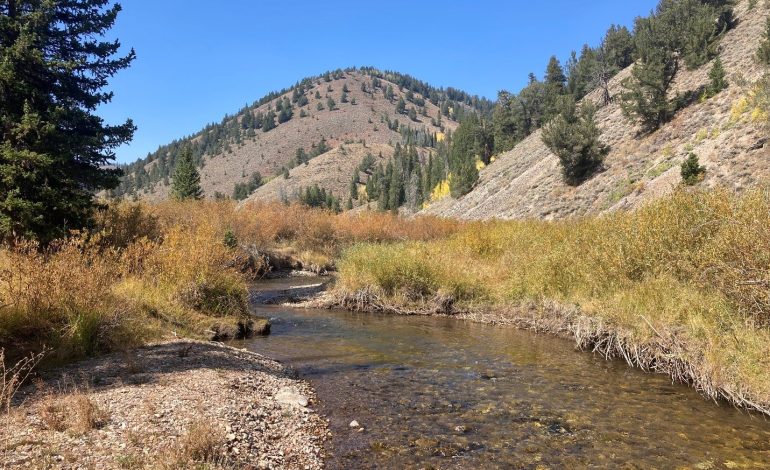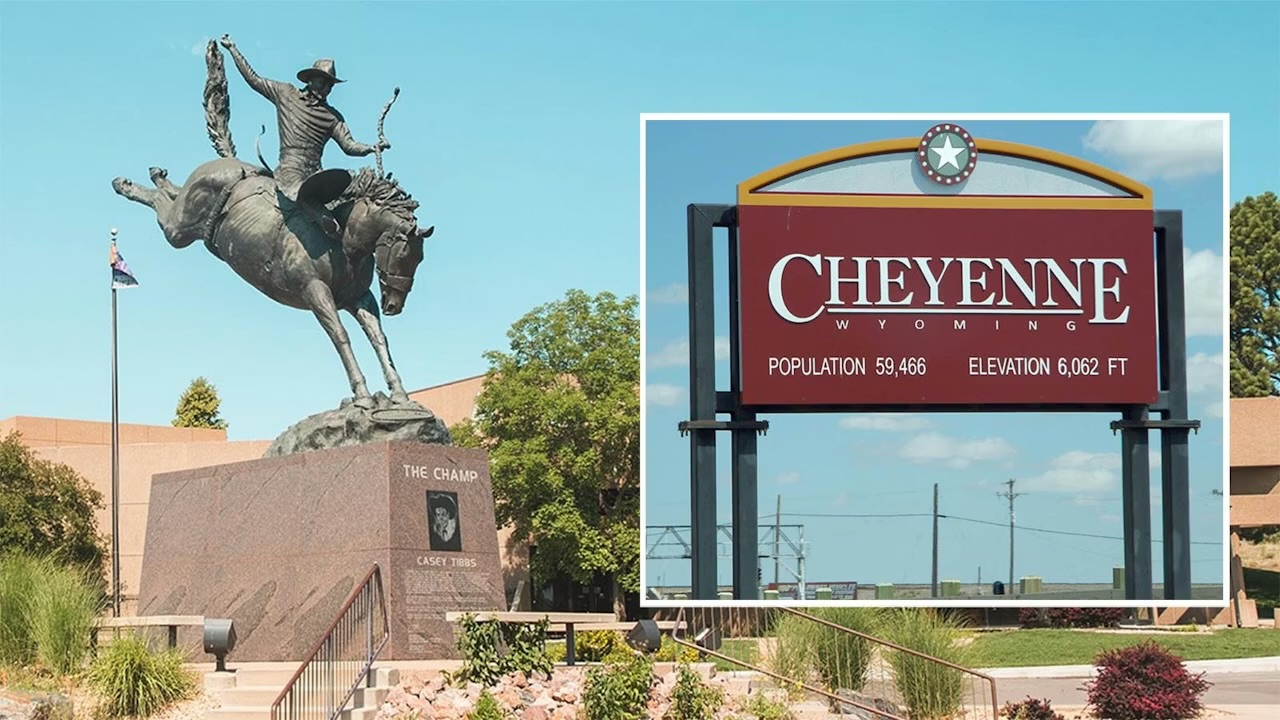Growing Recognition of Climate Impacts and Water Challenges Among Wyoming Residents, UW Survey Shows

Wyoming residents are increasingly acknowledging the realities of climate change and expressing growing concern over its effects on one of the state’s most critical resources: water, WyoFile reports.
A new survey from the University of Wyoming reveals a shift in attitudes, with a significant majority now believing climate change is happening, and many calling for local action to prepare for its consequences.
The Wyoming Survey on Climate, Water, and People, conducted by the university’s Center for Rural Resilience and Innovation, found that 86% of respondents believe climate change is occurring, a substantial rise from just 55% in 2014, according to previous Yale research. While opinions remain divided on the cause — with 47% attributing it to natural cycles and 39% to human activities — the survey highlights a growing consensus on the need to address its effects, particularly when it comes to water.
“That’s a huge change in 10 years,” said Kristen Landreville, the survey’s lead author. “Despite differences in the perceived causes, there is concern. There is worry and there is a desire for action.”
Water has emerged as a key issue for Wyomingites. The survey found that 82% agree the state is at risk of changing water resources, and 75% believe it is both wise and necessary to adapt to these changes. Support was widespread for conservation measures such as water reuse, voluntary reductions in agricultural use, and stricter scrutiny of industrial consumption.
Landreville noted that these growing concerns may stem more from personal experience — such as observing droughts or shifts in seasonal water availability — than from national conversations about climate change. People working in agriculture or engaging in outdoor recreation are especially likely to notice these changes firsthand.
Trust also plays a role in shaping public opinion. According to the survey, only 7% of respondents trust industry sources to be honest about water issues, while farmers and ranchers were the second most-trusted group, underscoring the public’s confidence in local agricultural stakeholders.
One particularly striking finding: 81% of residents want their communities to plan for climate-related water changes, yet fewer than half believe their neighbors feel the same way. This disconnect, Landreville said, can lead to a “spiral of silence” — where people are reluctant to speak up or push for change because they mistakenly think others don’t share their views.
“There’s more support for addressing water changes than Wyoming residents think,” Landreville explained. “An implication of these findings is that it’s really important to share with people: ‘You know what? You’re not that different from your own community.’”
The research, funded by the National Science Foundation, is part of a broader initiative to understand and strengthen rural resilience.









The latest news in your social feeds
Subscribe to our social media platforms to stay tuned